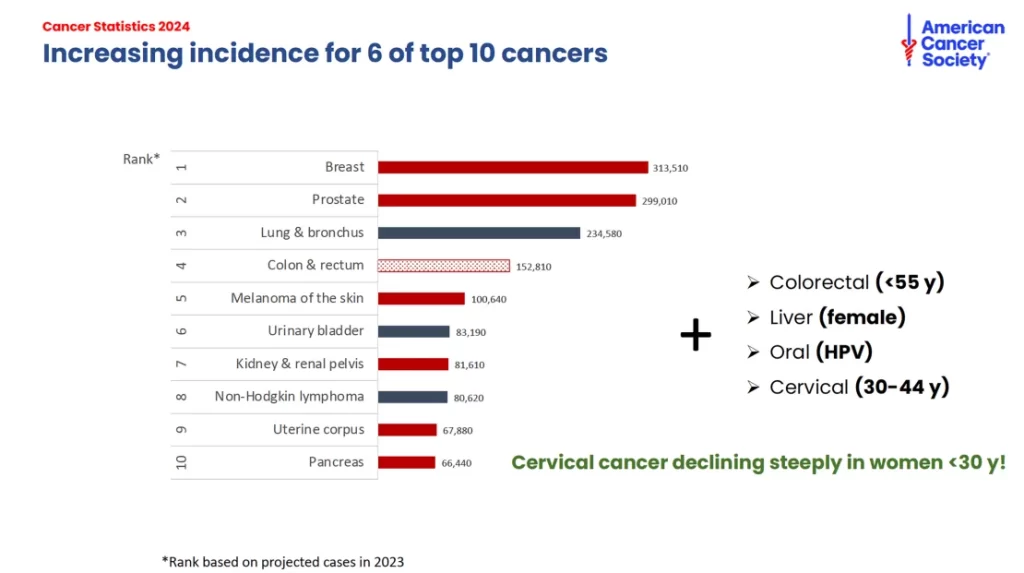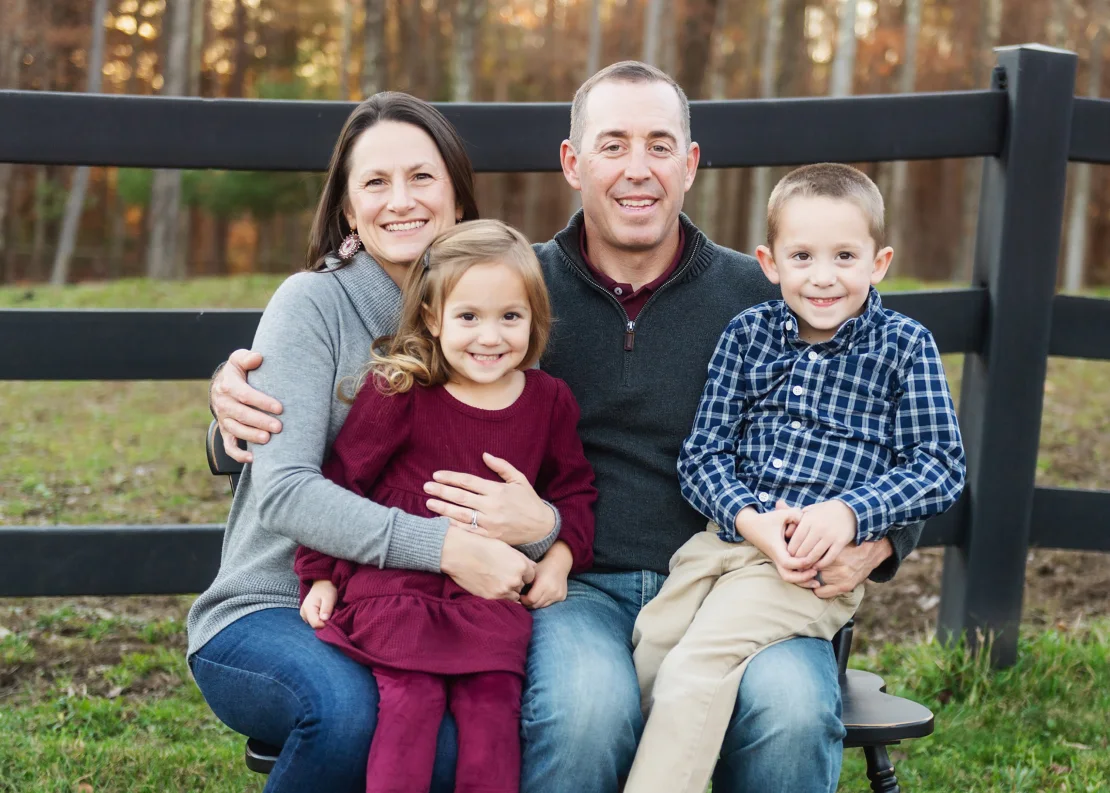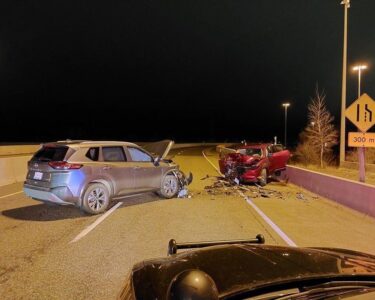Josh Herting’s life took an unexpected turn a decade ago during a business trip to Vermont when he received a life-changing phone call — a diagnosis of colon cancer. At just 34, in peak health and with no apparent risk factors, Herting’s journey mirrors a concerning trend highlighted in a recent American Cancer Society report.
The report reveals a shift in cancer diagnoses toward younger adults, with those under 50 experiencing an increase in overall cancer incidence from 1995 to 2020. Colorectal cancer, once less common among the young, has now become the leading cause of cancer death in men and the second-leading cause in women under 50.
Dr. William Dahut, Chief Scientific Officer for the American Cancer Society, acknowledges the puzzling trend, stating, “Cancer diagnoses are shifting earlier; there’s something going on here.”
Herting’s diagnosis came after a gastroenterologist recommended a colonoscopy due to blood in his stool. Despite the initial shock, he underwent surgery and chemotherapy, ultimately being declared cancer-free after five years of monitoring.
However, Herting emphasizes that the experience leaves an enduring impact. “You’re never the same person,” he says, pointing to lingering effects like fatigue and numbness. Yet, he advocates for regular colonoscopies, dispelling the stigma surrounding the procedure.
The report projects approximately 2 million new cancer cases in the U.S. this year, with 600,000 expected deaths in 2024. Among adults under 55, colorectal cancer diagnoses have risen from 11% in 1995 to 20% in 2019, posing a significant health challenge.
While cancer deaths overall continue to decline due to factors like reduced smoking and improved treatments, the incidence rates for specific cancers, including breast, prostate, colorectal, and cervical in young adults, are on the rise.
Dr. Scott Kopetz from MD Anderson Cancer Center underscores the urgency, calling for a better understanding of the changing cancer landscape and accelerated efforts in early detection. Herting, now a father, hopes for less invasive screening options for the next generation.
As the nation grapples with this concerning trend, experts emphasize the need for increased research investment to uncover preventive measures and address the root causes behind the rising incidence of cancer among younger Americans.







